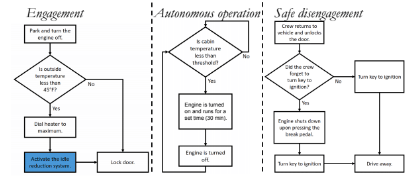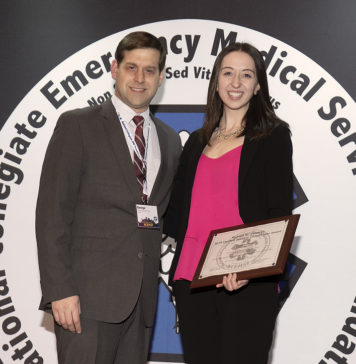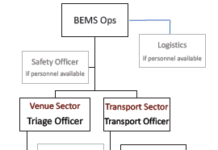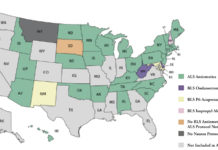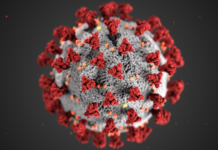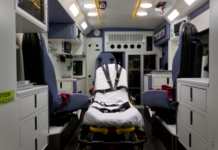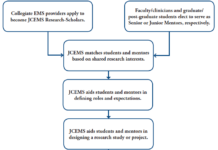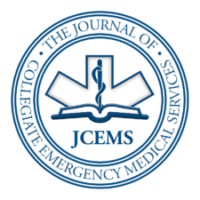Optimizing Collegiate EMS Resources During Major Events
Brown EMS (BEMS) provides primary medical coverage at Spring Weekend (SWE), an annual outdoor concert drawing 6,000 attendees per day. By increasing its resources to include ground details and an additional ALS ambulance, BEMS aims to increase venue capacity, optimize response, and limit mutual-aid requirements.
Assessment of Bystander Intervention on EMS Transport Decisions for Cases of Alcohol Intoxication at...
Looking at a small liberal arts college in New York State, Di Nucci et al. study the impact of bystander intervention on EMS transport decisions for alcohol intoxication cases.
Interview with University of Dayton EMS
Grace Scharf, the Public Relations Officer of the University of Dayton EMS, shares her agency's tips for organizing a terrific celebration during Collegiate EMS Week.
Prehospital Antiemetic Therapy in Campus-Based EMS Services
Chuck et al. conducted a cross-sectional analysis of publicly available statewide emergency medical services (EMS) protocols in August 2019 examining the presence of antiemetic therapies at each provider level.
COVID-19 Sequelae in a Nineteen-year-old Male
The authors examine the case of a previously healthy 19-year-old university student and e-cigarette user who was diagnosed with COVID-19.
Drug-Facilitated Sexual Assault
Clinical review of drug-facilitated sexual assault in the college environment, health effects of drugs and alcohol in facilitating sexual violence, and proper response and treatment guidelines for collegiate first responders.
Designing Safety into Ambulances
Massachusetts Institute of Technology EMS designed an innovative new ambulance, incorporating best practices and current evidence to enhance provider safety.
The JCEMS Research Mentorship Program
JCEMS developed a Research Mentorship Program to build research capacity in the collegiate EMS community.
Reflecting and Rebuilding after 2020
The JCEMS Team reflects on the challenges of 2020, the courage and compassion of collegiate EMS providers, and the next steps for the collegiate EMS community to move forward.
Advising Resilient Healthcare Teams
McMaster University's Emergency First Response Team (EFRT) has curated a multi-step, highly selective hiring process that has led to exemplary retention rates.


